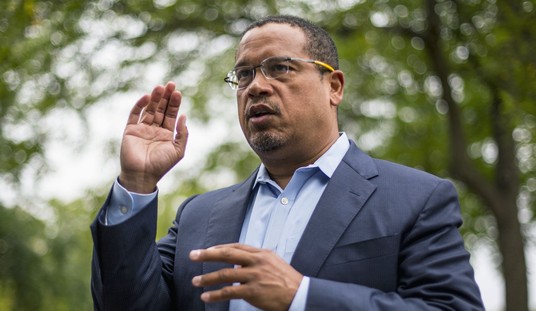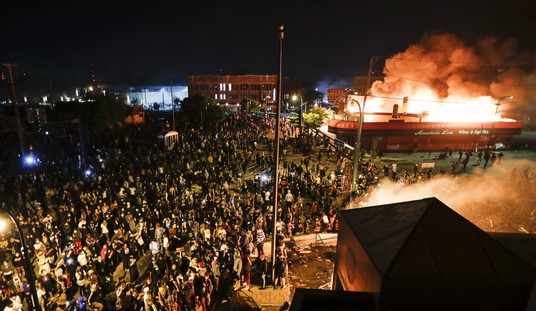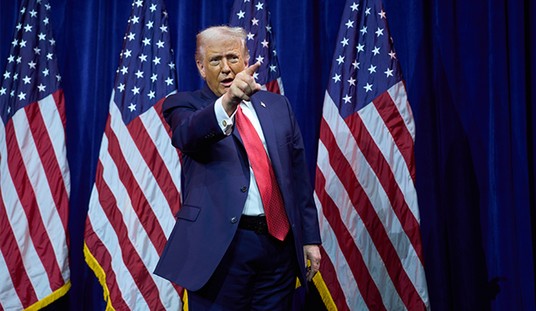In the immediate wake of last weekend's assassination of former House speaker Melissa Hortman, her husband Mark, and the attempted murder of Senator John Hoffman and his wife Yvette, Minnesotans on every side of the proverbial aisle largely came together to repudiate the violence, to support the victims and their families, to cheer on law enforcement in their impromptu but ultimately succeszful manhunt, and to call for Minnesota politics to return to something like the collegial scrum it was until not that long ago.
Governor Walz gave a statement immediately after the details became public knowledge, early last Saturday morning. The genuine emotion is apparent, and the statement was broadly praised across the state's intense political divide.
But without taking anything away from that, or to politicize the moment, part of it rang just a little hollow.
It was this part, right here, in the middle of the statement:
Quoting:
This was an act of targeted political violence. Peaceful discourse is the foundation of our democracy. We don't settle our differences with violence, or at gunpoint. In the state of Minneosota, as recently as last week, in the most closely divided state legislature in the country, we sat down, we worked things out, we debated, we shoot hands and compromised, and we served the state of Minnesota together. We proved that it's possible, even in these politically charged times, to find compromise and adhere to the principles of democracy and civil discourse.
We must all, in Minnesota and across the country, stand against all forms of political violence. At this precipice moment we're on, this tragic act here in Minnesota should serve as a reminder to all of us that democracy and the debates in the halls of Congress, in state houses, in school boards, is a way to settle our differences peacefully, and move society to a better place.
Nothing to argue with at all. Every last word of that statement is the ideal we should all be shooting for, Republican and Democrat, Conservative and Liberal alike.
But as Walz said this, there was an elephant in the room.
It'd been mere days since Governor Walz, doing one of his many appearances as he works toward a third term as governor to get staged for a run for national office, said it's time to "be meaner":
I mean, politics ain't bean-bag - but he's doubling down on getting "mean", not about policy, but about calling President Trump a "dictator". In other words, ramping up inflammatory rhetoric.
And no, it wasn't an out of context clip:
OK - "getting mean" and "bullying" may be the new "crosshairs"; terms that get amped up out of context in the heat of a divisive moment. Inadvisable, but not beyond the pale.
Thing is, Walz has not only participated in normalizing describing political disagreement using terms like "Fascist":
And no, it's not just Trump; the entire opposition is "Fascists and Nazis", as he said in front of a friendly crowd:
Those were literally fighting words in living memory: Americans, in my grandfather's generation, spent the best years of their lives sailing overseas and slogging across malarial jungles and driving tanks across hellish deserts and frozen Europeans plains to depose actual dictators. To kill actual Nazis. To round up actual Fascists who weren't in a mood to get rounded up (initially, anyway) and hold them in POW camps until they decided to play nice with democracy and human rights and stuff.
TL:dr version: Walz, like all too many Democrats, broke American politics down into "good guys" and "people who are morally the same as those we waged war against".
I'm old enough to remember when it was fashionable among Democrats to refer to this sort of rhetoric (and, let's be honest, rhetoric much milder and less inflammatory) as "stochastic terrorism". If you're over three years old, so are you.
One hopes there's a learning moment buried in this tragedy.
I'll leave it with "one hopes" for now.







